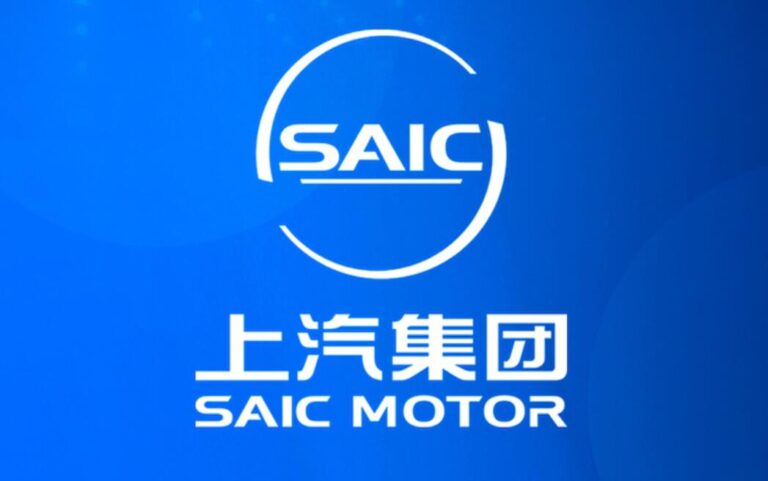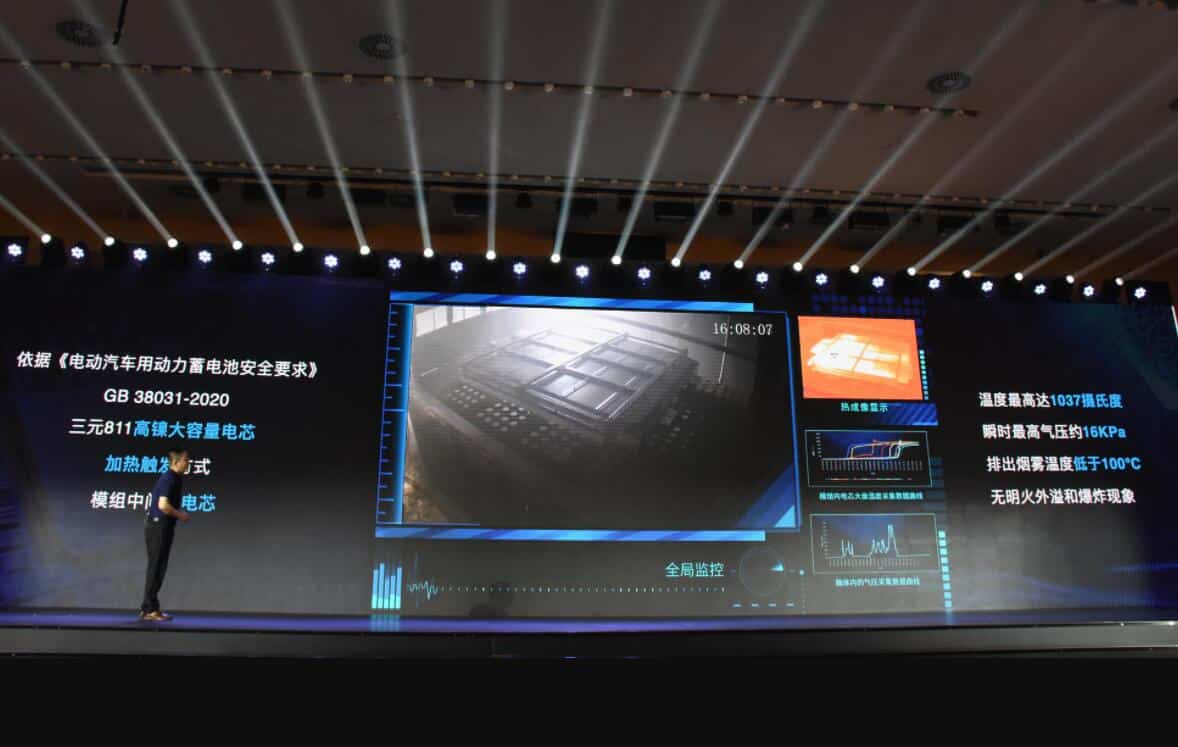The potential for battery fires and explosions is one of the major reasons preventing many people from buying electric vehicles, and now Great Wall Motor's new technology, if applied on a large scale, will hopefully alleviate this concern.
On June 29, Great Wall Motor unveiled its "Dayu Battery" during its Technology Festival, which is claimed to be an effective solution to the problem of fires and explosions that can occur when different chemical systems of electric cells become thermally uncontrolled.
It is worth mentioning that the company announced that the patents of the battery will be open to the whole industry for free.
Li Shuhui, vice president of R&D of Great Wall Motor, said that the battery uses ternary 811 high-capacity high-nickel cells and is supported by dozens of core technology patents.
The battery uses a multi-step commutation system, a fast pole cooling suppression system, a multi-stage directional detonation system and a fire extinguishing box system to safeguard the battery from the Pack level, Li said.
Dayu in Chinese was a tribal leader in ancient China's Xia Dynasty, whose main achievement was successfully managing the flooding of the time.
Shan Hongyan, vice president of Great Wall Motor, said the main reason the battery is named "Dayu Battery" is that it uses a similar concept to Dayu's flood control efforts - diversion.
This approach ultimately results in no fires and no explosions, Shan said.
The "Dayu Battery" will be available in 2022 in Great Wall Motor's new energy lineup, the company said.
During the Great Wall Motor Technology Festival, the company also officially unveiled its 2025 strategy.
By 2025, the company aims to sell 4 million vehicles annually worldwide, 80 percent of which will be new energy vehicles, the company said.
Great Wall Motor hopes to have revenues of more than RMB 600 billion ($92.9 billion) by then and to have invested RMB 100 billion in research and development over the next five years.

